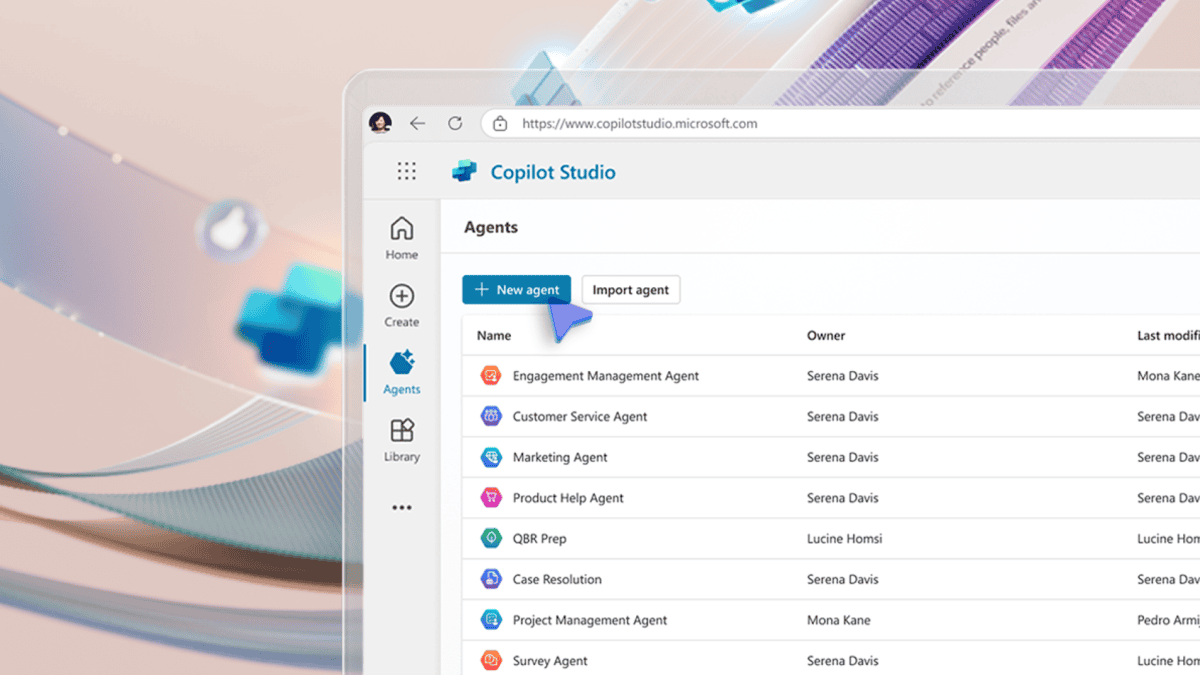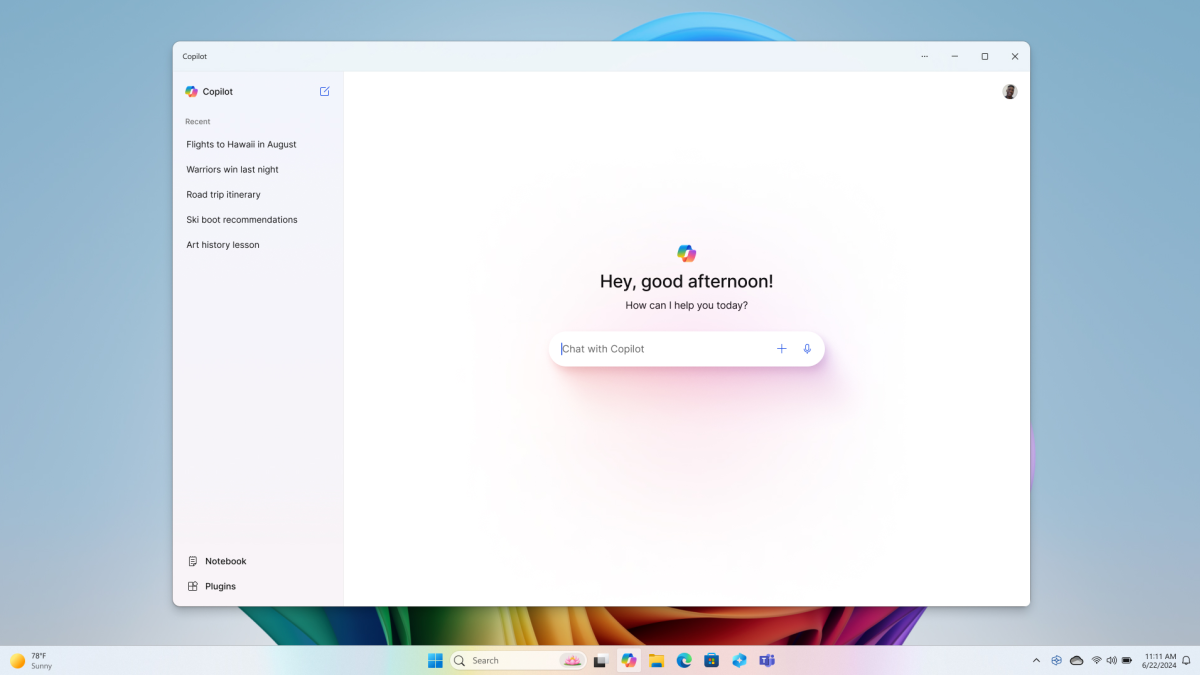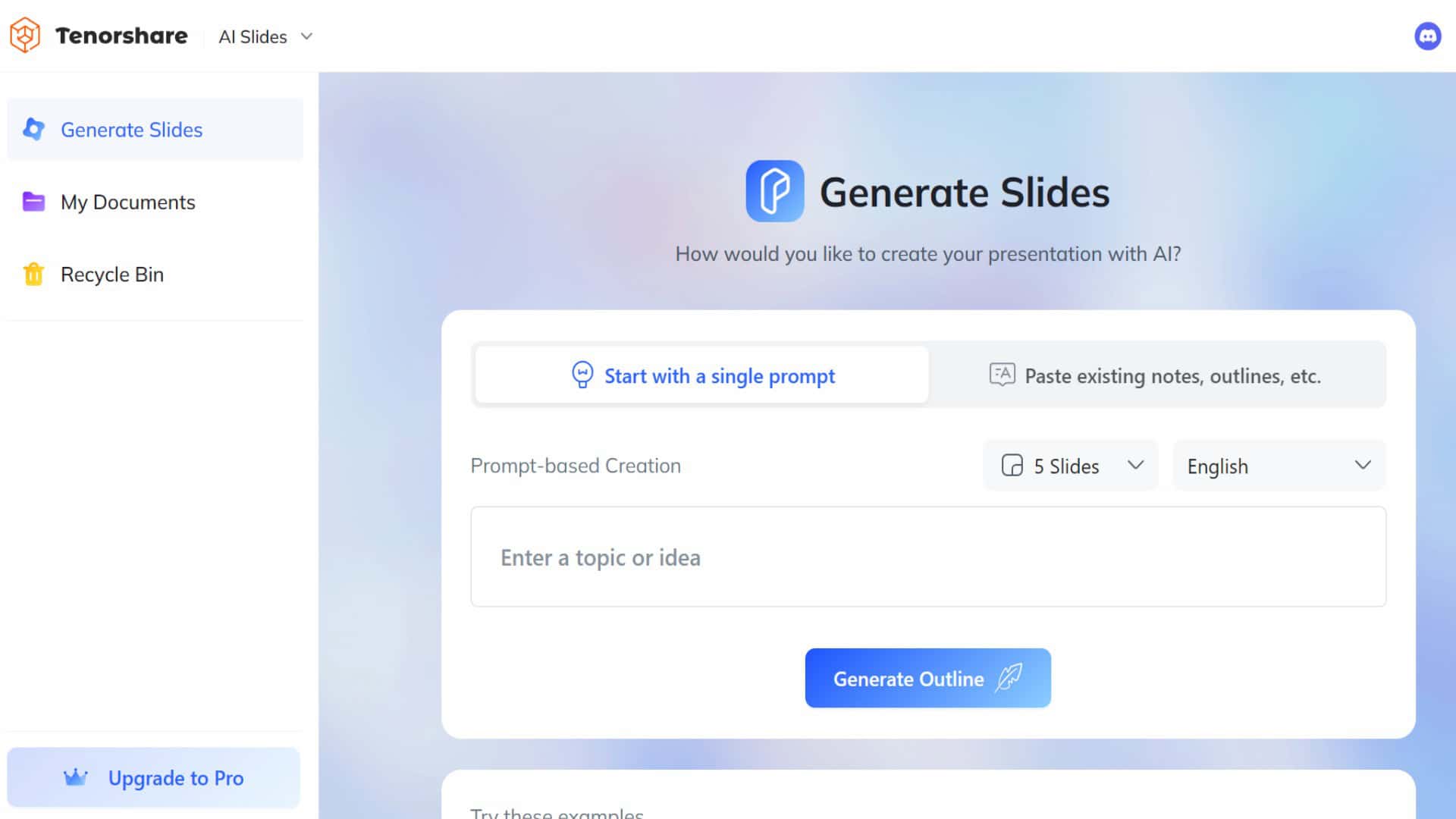German state of Schleswig-Holstein abandons Microsoft, embraces Open-Source with Linux and LibreOffice
2 min. read
Published on
Read our disclosure page to find out how can you help MSPoweruser sustain the editorial team Read more
Key notes
- Schleswig-Holstein’s decision carries echoes of Munich’s previous experiment and China’s ongoing transition.

German state Schleswig-Holstein has announced its plans to move away from properitory software including Microsoft’s Windows, Office, and others. Generally, government organizations move to open source software to avoid huge licensing fees. But in this case, the state is concerned about data security.
“As a country, we have a great responsibility towards our citizens and companies to ensure that their data is in safe hands with us, and we must ensure that we are in control of the IT solutions we use at all times and that we as a state can act independently. Ensuring digital sovereignty is at least as important as energy sovereignty
,” says Schleswig-Holstein’s Minister of Digitalization, Dirk Schrödter.
This German state also mentioned that by utilizing open-source software, organizations gain the benefits of transparent code – leading to greater IT security, financial efficiency, rigorous data protection, and adaptability across systems.
Years earlier, Munich generated similar headlines, but eventually they switched back to Microsoft products. In the recent years, China has been especially aggressive in its nationwide shift to Linux-based operating systems, partly due to similar data sovereignty goals.
Schleswig-Holstein state’s plan is to migrate from the below 5 products and services to open source alternatives.
- Switching from Microsoft Office to LibreOffice
- Switching from Microsoft Windows to Linux
- Collaboration within the state administration and with external parties: Use of the open source products Nextcloud, Open Xchange/Thunderbird in conjunction with the Univention AD connector to replace Microsoft SharePoint and Microsoft Exchange/Outlook
- Conception of an open source-based directory service to replace Microsoft Active Directory
- Development of an open source-based telephony solution to replace Telekom-Flexport
Schleswig-Holstein’s bold move highlights a growing international trend of prioritizing data sovereignty and security. Their decision underscores the need to critically evaluate reliance on proprietary software solutions, especially in critical government processes. Whether or not Schleswig-Holstein’s initiative ultimately succeeds, it raises an important debate for governments and organizations around the globe.









User forum
0 messages